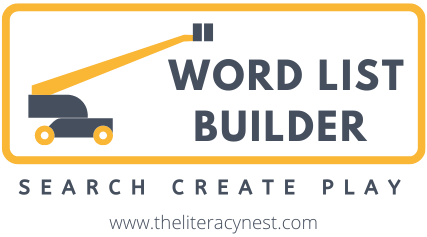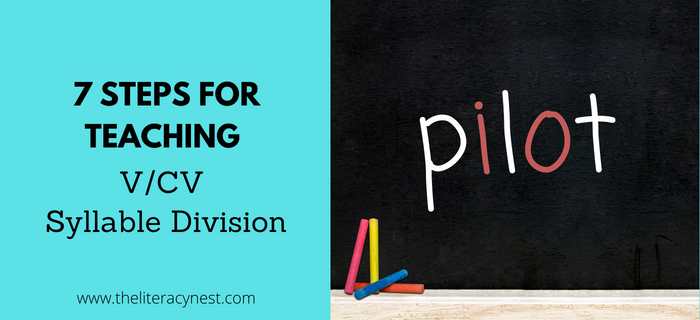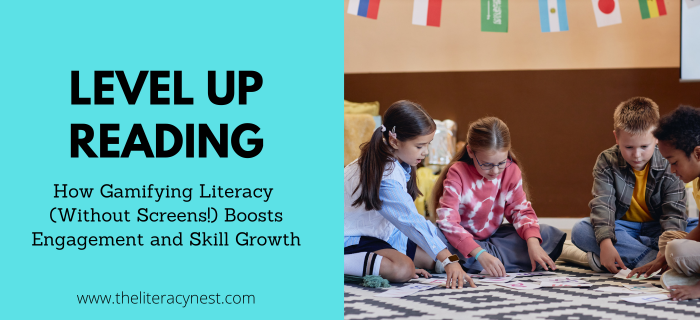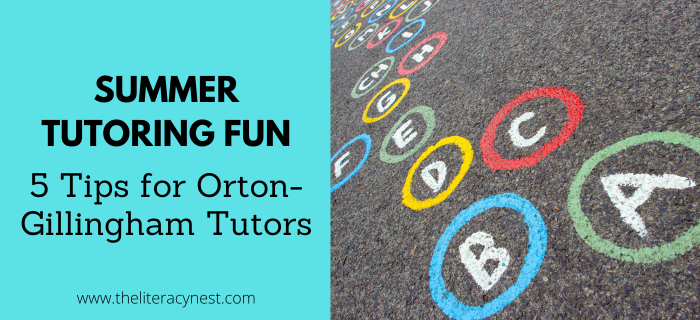Orton-Gillingham Games for Older Students
While the benefits of using Orton-Gillingham games for practice with young children may be obvious, games can still play an important role in the learning of older students. While older students may grasp concepts quickly, they still require extensive practice to build fluency and automaticity. Word games are a great way to incorporate this practice. Furthermore, older kids still really enjoy playing games.

Choosing Orton-Gillingham games for older students requires different considerations than choosing them for younger children. It is important that games not seem too babyish. Ideally, they should be fast-paced and require minimal preparation by the teacher. You will unlikely play the same game with the student many times. In addition, choosing games that can be more easily adapted to work on advanced concepts such as spelling generalizations or morphology makes sense.
Looking for more ideas for older students? Listen to season 2, episode 5 of the Together in Literacy podcast: Word Attack Strategies for Older Students with Dyslexia!
Here are Ten Oroton-Gillingham Games to Try with Your Older Students!
1. Games with cards, spinners, or dice.
Homemade game boards can incorporate numerous opportunities for complex gameplay that keep children interested.
2. Quiddler
Quiddler combines the best aspects of Scrabble and rummy. The goal is to build the longest word possible during your turn. This game reinforces spelling patterns and vocabulary.
3. Scattergories
In traditional gameplay, players generate words that start with a targeted letter while being original enough that they don’t duplicate another player’s response. This can be redesigned in a productive and challenging fashion by using syllable types or spelling rules as the categories.
4. Wordwall Games
Wordwall games can be easily found or made to suit a level by changing the target concept. For example, many older children enjoy a simple game of Hangman when you incorporate morphemes and vocabulary-building clues. This incorporates reinforcement of affix and root meanings, affix and root spellings, suffixing rules, and strategic guessing. Crossword puzzles are another challenging activity that are great for older students.
5. Jenga
Really a great game for all ages, reading words on Jenga pieces is an interesting way to build in repeated practice and reinforcement.
6. Connect 4 or Battleship
You can easily repurpose Connect 4 or Battleship for literacy learning. With the addition of word cards, gameplay can proceed normally, or a printable version with learning concepts can be quickly and easily created.
7. Dots
This is a simple, yet challenging strategy game. Players take turns adding a line connecting two dots in a grid. The player that completes a square wins that square and marks it with their color or initial. This can either be tweaked to incorporate reading or writing words or used as a quick incentive game. It needs no more preparation than printing a dot grid.
8. Shut the Box
This game can be for 1 or more players. While traditionally a math game, it is easy to put a reading spin on it. It also uses a lot of strategy. The way to play Shut the Box is to use the game board which has tiles numbered 1 to 9. The player rolls two dice and lowers any combination of number tiles to equal the roll. The player continues rolling and lowering tiles until they are unable to create the number they roll. Their turn ends and their score is whatever tiles are left standing. The goal is to get the lowest score.
To make it into a reading game create a task list of numbers 1-9. For each number write a reading task such as reading a phrase or sentence, generating an example of a specific syllable type, writing a word or sentence, or reading a paragraph. Depending on the difficulty of the tasks, you can either have students complete a task every time they lower numbers, or only complete tasks for the numbers left standing.
9. Uno Games Repurposed
One of the favorite games I play with students is Uno. You can use simple print and play games by adding words to the color and number cards. Players can make a match by color or number or by matching the word. Try one of the wild Uno versions like Uno Flip or No Mercy for even wilder fun.
10. Word List Builder
Word List Builder has tons of fun, creative, and visually appealing templates to make printable customized games with a few clicks of the mouse. From introductory concepts to advanced morphology, Word List Builder can do it all.
Check out this video of how I use a Word List Builder template to play Battle Ship with my students!
These are just a few ideas to get you started building fluency and automaticity through Orton-Gillingham games with your older students through games.
The benefits of using learning games in your lessons are no secret. Unlock the key to building morphological awareness with our sampler freebie of eight games!
Bonus: Morphology Games for Orton-Gillingham Lessons
Are you looking for FUN and engaging morphology activities for your students? This Orton-Gillingham-based resource is a BUNDLE for 54 morphology games. Children learn by playing games. This set is sure to spark interest, and engagement and make learning morphemes exciting!
Are you looking for a list of words to use in your Orton-Gillingham lessons? Word List Builder has got you covered!
Save time searching for words to use in your lessons! Create customized and meaningful review, build your folder of words, create templates and games, and much more in Word List Builder.








